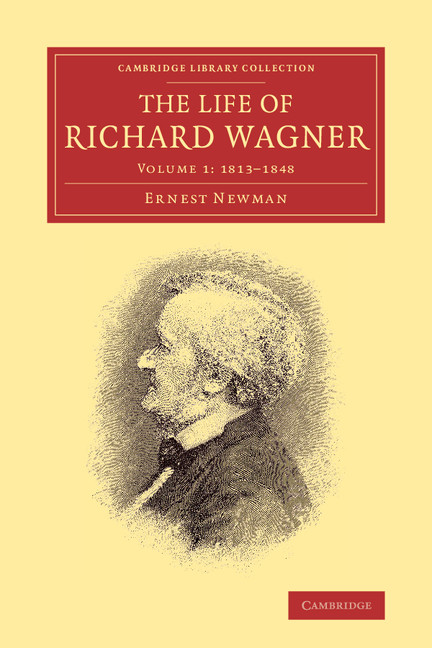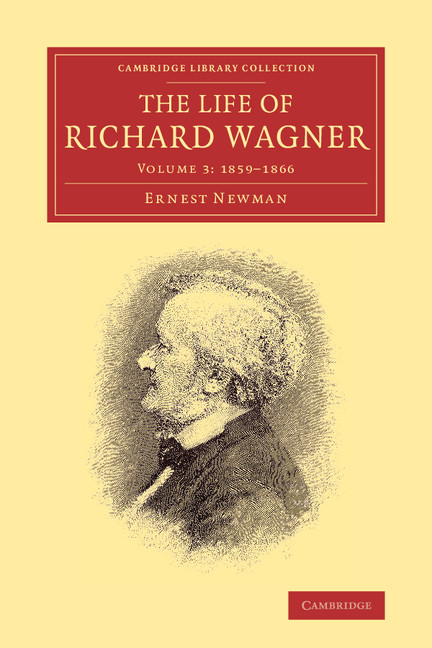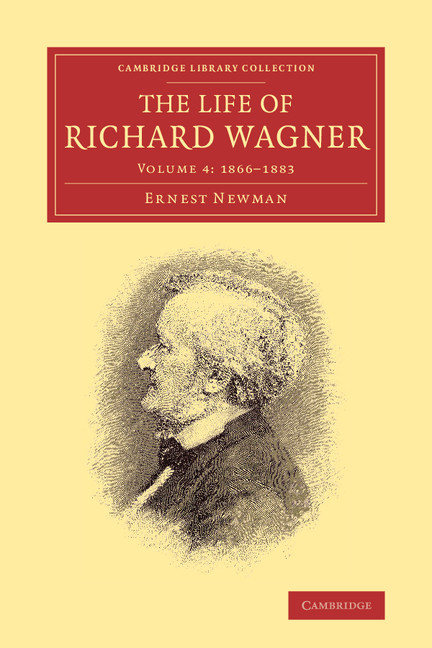The Aesthetic System of François Delsarte and Richard Wagner
On 17 September 1839, Richard Wagner arrived in Paris. Although scholars agree that the composer learned a great deal about aesthetics during his first sojourn in the city, what has not been known is exactly what he learned and from whom. This Element explores the striking similarities between Wagner's early aesthetic writings and François Delsarte's 'Cours d'esthétique appliquée', a theoretical and practical training course for artists which Delsarte began teaching in Paris in May 1839. This Element also details the rise of Delsarte as a celebrated teacher of aesthetics and interpreter of Gluck's repertoire during the same years that Wagner lived in the city. By comparing historical timelines, published documents, and manuscript sources and by analysing Wagner's treatises, Das Kunstwerk der Zukunft and Oper und Drama, and the essay 'Über Schauspieler und Sänger', the author shows that Delsarte's course is the most likely source of Wagner's aesthetic transformation in Paris.
Product details
May 2025Paperback
9781009608756
76 pages
229 × 152 × 4 mm
0.141kg
Available
Table of Contents
- Introduction
- 1. Delsarte's 'cours d'esthétique appliquée'
- 2. Delsarte's teaching: Pedagogy and press
- 3. Delsarte's rise to fame in Paris
- 4. Delsarte's principle of the trinity in Wagner's das kunstwerk der Zukunft
- 5. Delsarte's psychological 'chart of man' in Wagner's oper und drama
- 6. Schröder-devrient plays the role of Delsarte in Wagner's 'Uber schauspieler und sänger'
- Conclusion.








